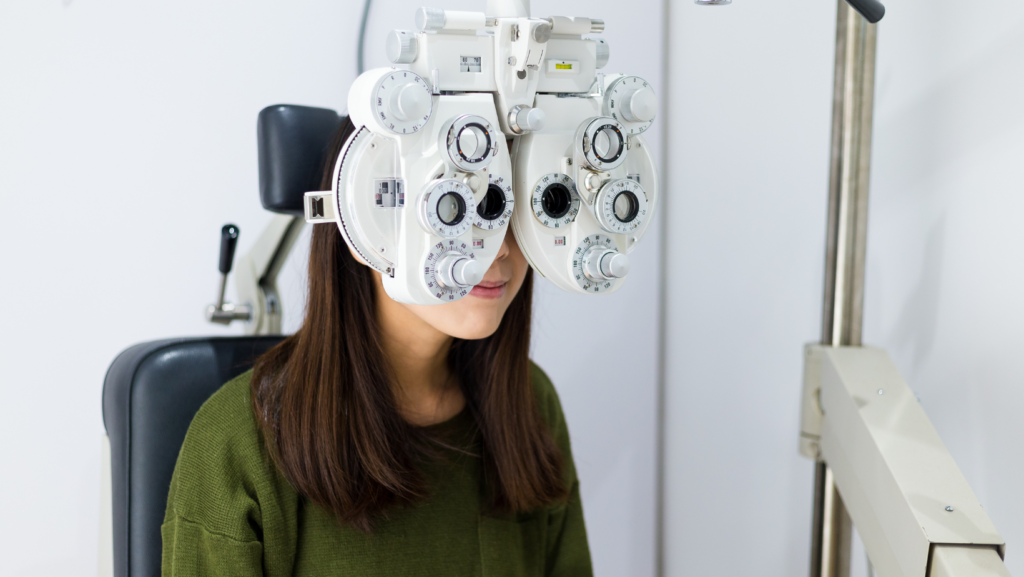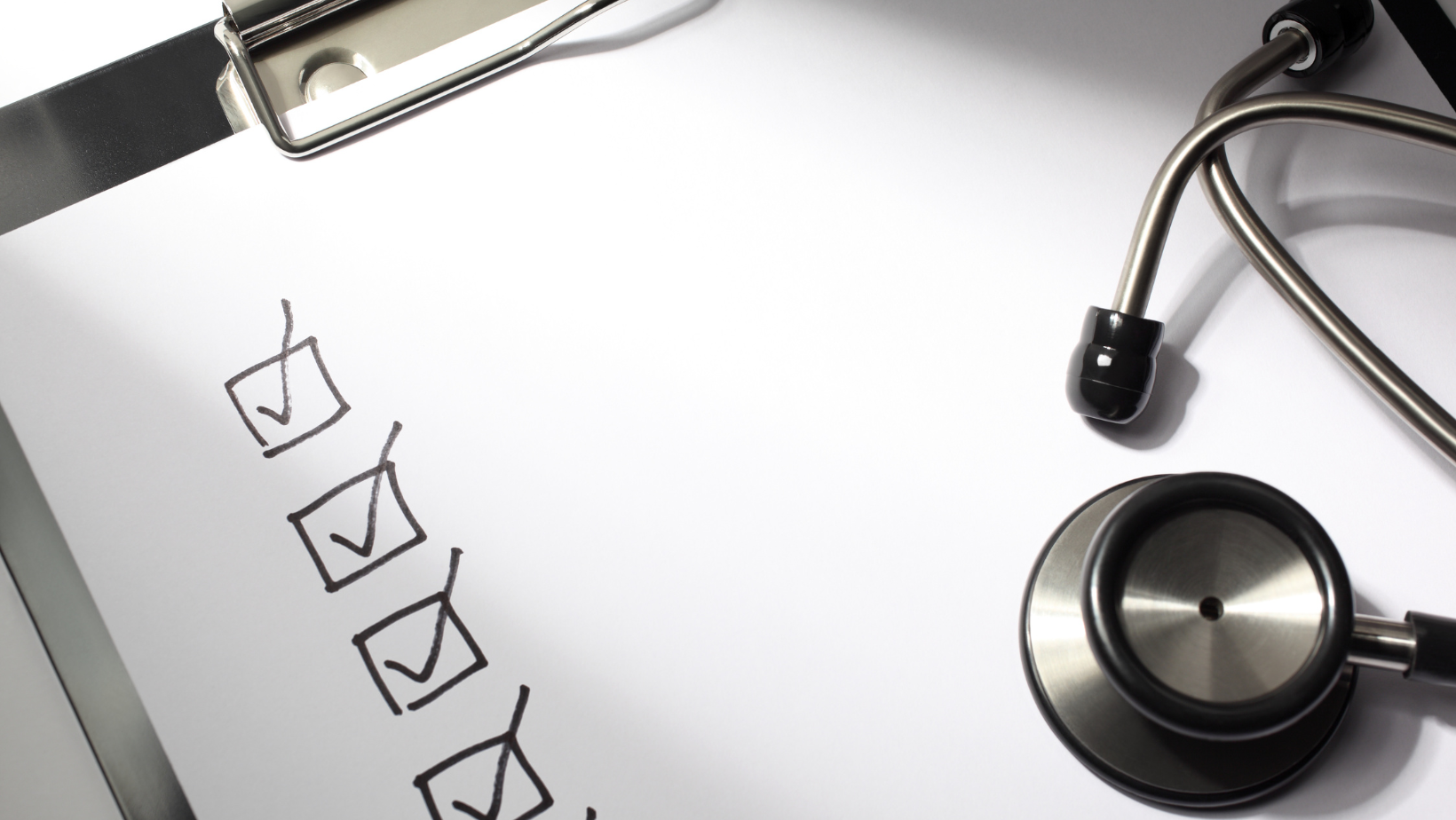If life were a soccer match, most of us would probably admit that we start the game at full strength. We go straight for the attack. Our goal is to score goals.
But at some point in life, the game changes.
In this series of articles we’re about to present – YOUNG FOREVER – you’ll have access to everything you need to discover, in various aspects of life, in order to stay young. These techniques will help you protect your health, your mental acuity, your relationships and even your sense of adventure and make your body more aesthetically pleasing and healthy.
Best of all, you’ll discover that you don’t have to follow any rigid step-by-step plan to protect yourself from ageing. To preserve your youth, experts have discovered that you need to do a bit of everything. From morning walks to evening courses, from volunteer work to meditation, from preparing a sandwich with “superfoods” to creating a cell-protecting diet, from traveling to planting seeds in pots at home.
We invite you to continue with us and follow our daily articles in our new series “YOUNG PEOPLE FOREVER”.
MEDICAL TESTS THAT EVERYONE SHOULD TAKE
When it comes to health care, prevention and early diagnosis of illnesses should be a priority when planning your wellbeing.
Here are some guidelines for general examinations. Obviously, as each person’s needs are unique, ask your doctor about your specific case. He or she may suggest additional tests or a different examination routine.
CLINICAL SKIN EXAMINATION:
When you reach the age of 40, a head-to-toe examination should be carried out to diagnose irregular patches and other signs of possible skin cancer. At least once a year.
COLORECTAL CANCER SCREENING:
Especially from the age of 50, everyone should have annual fecal occult blood tests. But if you are at risk of colorectal cancer, your doctor may suggest a colonoscopy.
GLAUCOMA TEST:
Take this test in your early 40s.
ELECTROCARDIOGRAM
You should have an electrocardiogram as a baseline at the age of 40. This test evaluates the heart’s electrical impulses, as well as assessing cardiac functions. It also identifies lesions or abnormalities.
TAKE YOUR BLOOD PRESSURE:
Your blood pressure should be checked at least once a year. If you already suffer from high blood pressure, control measures should be taken and more frequent monitoring should be required.
CHOLESTEROL TEST
If your LDL, HDL, triglycerides and total cholesterol levels are in the normal range, a simple blood test, which helps assess your risk of cardiovascular disease, should be carried out at intervals of at least every 3 years.

FOR WOMEN ONLY
Thyroxine test: this blood test assesses the thyroid. Women should ask their doctor for it when they reach the menopause.
Bone densiometry test: every woman needs a baseline test during the menopause to detect osteoporosis or assess the risk of the disease in the future.
Clinical breast examination: your doctor should examine your breasts annually to check for lumps, lymph nodes and other irregularities.
Mammography: Mammography is recommended as a baseline from the age of 40.
Pap smear: you should have this test at least once every three years and annually after the age of 50.
Article written on the basis of the following bibliography. Search: ( Janet Maccaro. A Womans Body Balance by Nature. Lake Mary, FL, Siloam, 2006 p 172-174)



